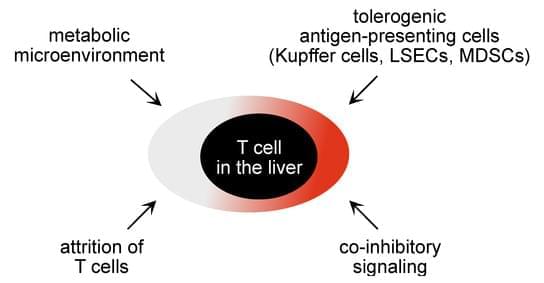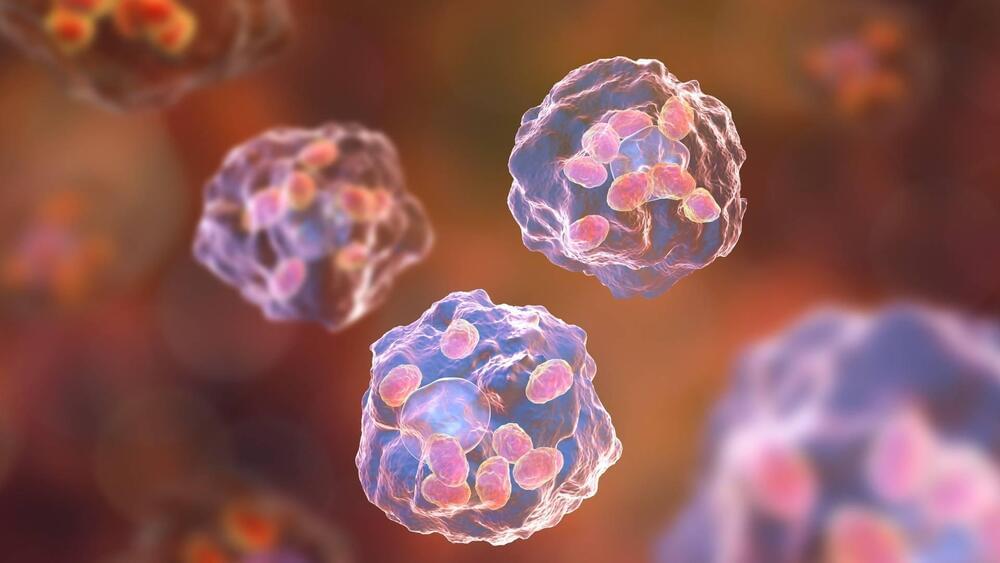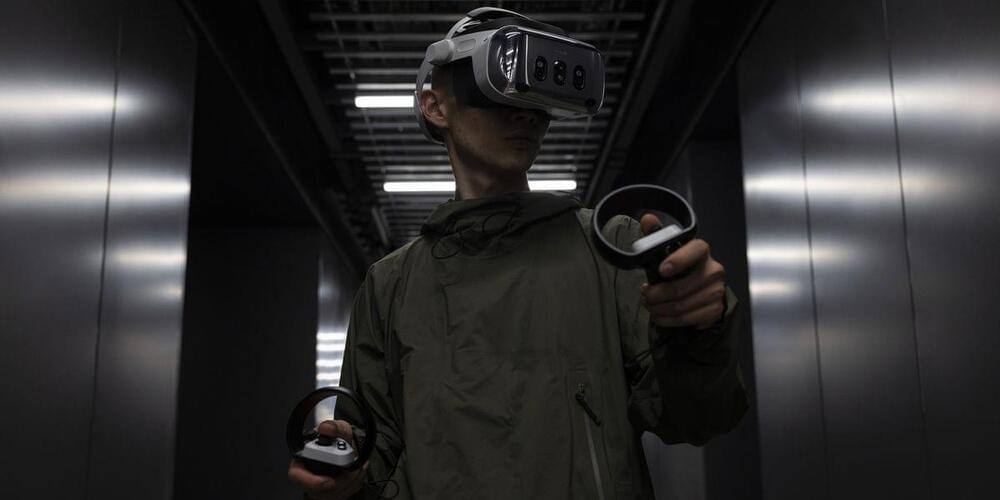Beyond glycemic benefits, users of the app also reported significantly less-related emotional distress than standard care (−1.9 vs 1.7 points in composite survey scores, P =0.03).
“We are currently working on making technology like this accessible to patients outside of research settings because we think it can really help patients in underserved areas who need high-touch care to get their under control,” Nayak said.
The researchers developed their custom voice-based AI app and had it powered by Alexa (Amazon wasn’t involved with the study). The software was equipped with titration algorithms by the American Association of Clinical Endocrinologists and the American College of Endocrinology and included emergency protocols to handle hypoglycemia and hyperglycemia.









